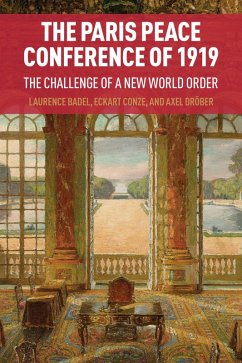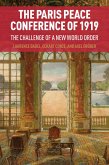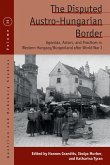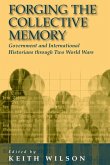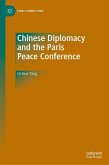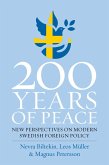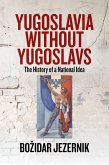For more than a century, the Paris Peace Conference of 1919 has remained an object of historical scrutiny. As an attempt to consolidate peace in the wake of World War I and to prevent future conflict, it was instrumental in shaping political and social dynamics both nationally and internationally. Yet, in spite of its implications for global conflict, little consideration has been given to the way the Paris Peace Conference constructed a new global order. In this illuminating and geographically wide-ranging reassessment, The Paris Peace Conference of 1919 reconsiders how this watershed event, its diplomatic negotiations and the peace treaties themselves gave rise to new dynamics of global power and politics. In doing so it highlights the way in which the forces of nationality and imperiality interacted with, and were reshaped by, the peace.
Dieser Download kann aus rechtlichen Gründen nur mit Rechnungsadresse in A, D ausgeliefert werden.

